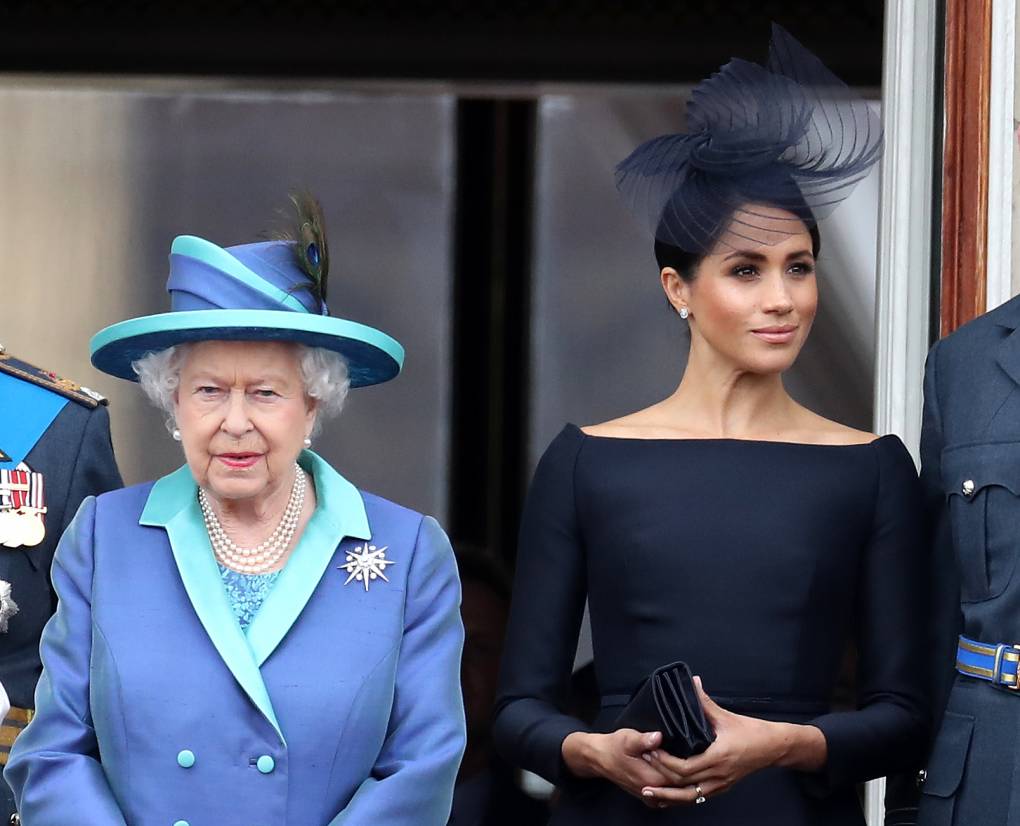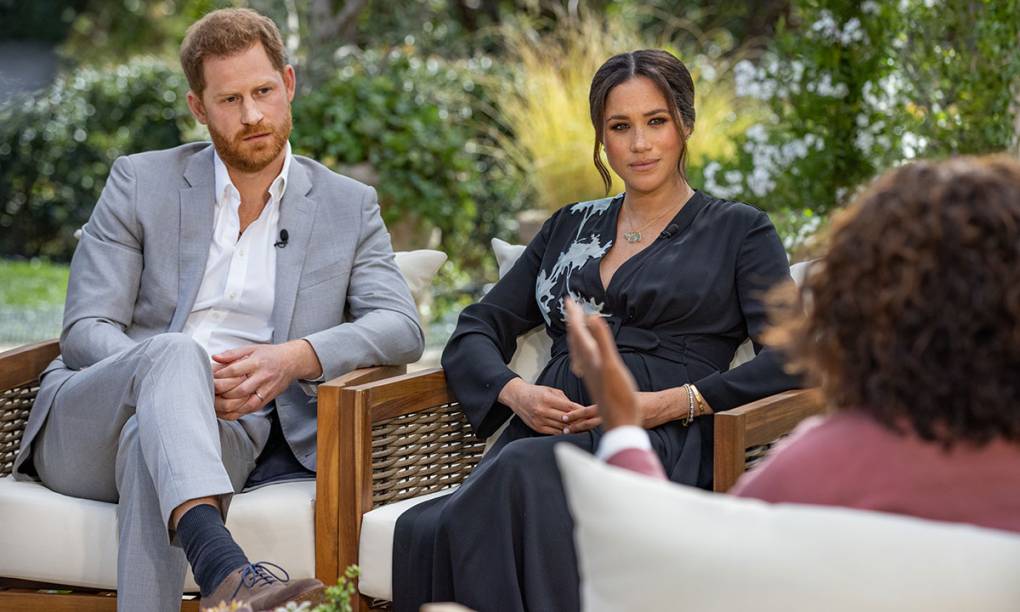When Diana Spencer died in the summer of 1997, I was a journalism student at the University of Wales—the country Diana was technically still “Princess of.” The thing that had killed her was simultaneously shocking and almost too predictable: a high-speed car crash as she attempted to outrun a hoard of pursuing paparazzi. Within months of the accident, my professors had worked Princess Diana’s fraught relationship with the British media into my curriculum. The content of those lectures was so culturally and socially complex, so thought-provoking, it has stayed with me like little else I studied that year.
In 'The Princess,' Hindsight Turns a Former Fairytale into a Horror Film
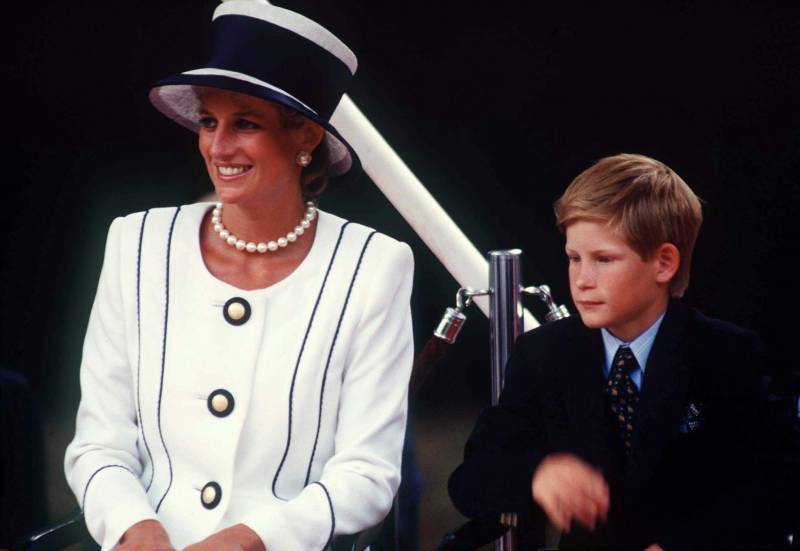
Twenty-five years on, the topic proves to be just as compelling, as evidenced by the seemingly endless production of shows and biographies about Diana. But the new HBO documentary The Princess stands out from the pack for several reasons: Ed Perkins’ film tells Diana’s story using only archival news and TV footage, most of it British. There is no current-day commentary, no new interviews. It’s a clever choice that effectively demonstrates the complicated symbiosis that existed between the princess and the press—while also quietly despairing at their toxic relationship. Through that footage, we trace Diana’s life from the time of her engagement to Prince Charles in 1981 to the time of her tragic death at the age of 36.
Along the way, we learn the many ways that Diana was at the mercy of the press, the British people and, perhaps most of all, the royal family she married into, having barely just turned 20. The film is unusually unflinching about who did what and when—especially when it comes to Prince Charles. His jealousy, his affair with Camilla Parker Bowles and his neglect of his young wife are all starkly presented here in footage from their early marriage. It’s abundantly clear that sections of the press knew the marriage was doomed within months of the wedding—a fact seldom acknowledged in other films about Diana.
As a British citizen, one of the strangest elements of watching The Princess in 2022 is realizing just how viscerally I remember certain events happening to her. Stranger still is realizing how much those events in Diana’s life now remind me of specific events in my own family’s. Not because we were fans of the monarchy, or because I followed Diana’s life closely. It was simply that every event in her life was covered in such voracious, repetitive depth, the U.K. public knew about them down to the most embarrassing detail, whether we wanted to or not. The Princess captures that—the way this woman’s life was interwoven with the lives of the British public—to a degree that I’ve not seen in any other documentary about her.
I strongly suspect viewers in the U.K. and the U.S. will have vastly different reactions to this 108-minute film. For those of us who grew up watching the many agonies of her marriage play out in real time, seeing Diana’s traumas compressed into under two hours here is disturbing—not to mention an impressive feat of editing.
I suspect the relentlessness of the ways Diana was pursued by the British media will be shocking for Americans, even with the knowledge of how she died. That there were news reports attesting to Diana’s virginity before she married the 32-year-old prince particularly so. For Brits, though cringeworthy now, it’s mostly a reminder of the pressure Charles was under to find a virginal wife from an appropriate bloodline. (And the fact that such draconian royal rules only fell by the wayside after Charles and Diana’s 1992 separation threatened the very existence of the royal family.)
Americans may also be surprised by the degree of hostility Diana dealt with from the royal family, even early on, before she had rebelled against them. In one particularly shocking clip, when Princess Anne (Charles’ sister) is asked what she thinks about the birth of Charles and Diana’s first son, she shrugs and says, “I didn’t know she’d had one.” (Watching this 1982 footage now, it’s impossible not to think of Diana’s daughter-in-law Meghan Markle, and the reception she got when she joined “the firm.”)
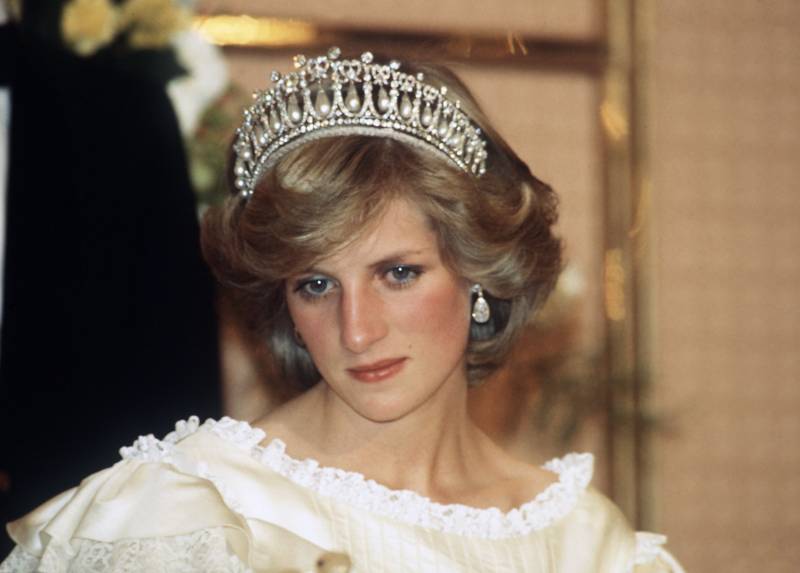
The hindsight we are afforded now provides a chill to The Princess that is hard to shake off. Over footage of her looking lost and alone at the Taj Mahal in 1992, we hear one cultural critic state: “When you put a modern person in an ancient institution, they will be destroyed. Once an institution starts destroying people, it’s time to recognize that there’s something fundamentally wrong with that institution.” Thirty years later, and that institution continues to trundle on.
The Princess is also careful to remind us that, when it came to Diana, the buck was passed in a circular motion, both before and after her death. The paparazzi blamed tabloid editors for buying their photos. The tabloid editors blamed the public for buying the papers those pictures were printed in. And the public either blamed Diana for calling on the media too much, or the media for putting too much of Diana’s personal life in their pages. One pundit’s prediction that “all this telephoto lens business” would stop once Diana had married Charles reflects just how unprecedented her situation was.
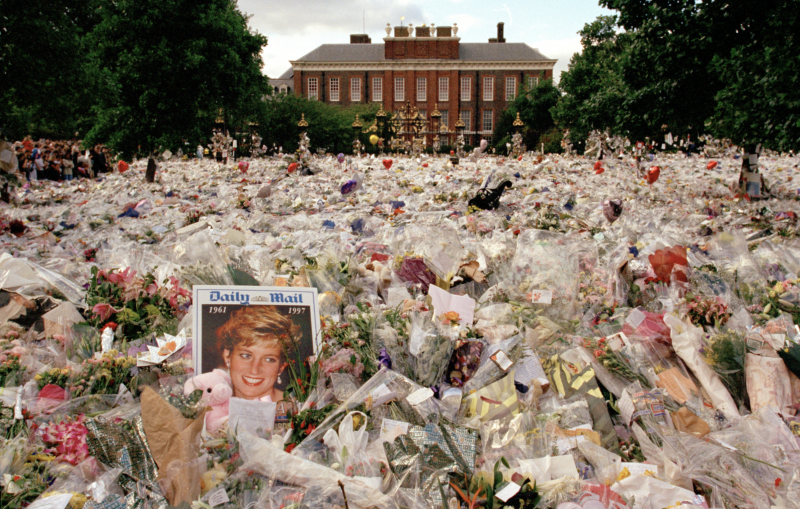
As with those lectures I sat through in 1997, the thing that most sticks with me after viewing The Princess are the ethical questions around what rights the press has when it comes to pursuing public figures. What rights does the public have to tear a person down en masse simply because they’re famous? Framing Britney Spears and Impeachment: American Crime Story both recently explored these issues very well, but there is a quiet, institutional insidiousness present in The Princess that is particularly upsetting.
I have long suspected that the dramatic outpouring of grief that followed Diana’s death was in some way rooted in a collective guilt. Guilt for exalting, participating, building up, tearing down and above all, watching her every move. That her life still makes for such compelling viewing isn’t just a reminder of Diana’s enigmatic charisma, it’s a reminder of exactly what destroyed her.

‘The Princess’ premieres Saturday, Aug. 13 on HBO.
